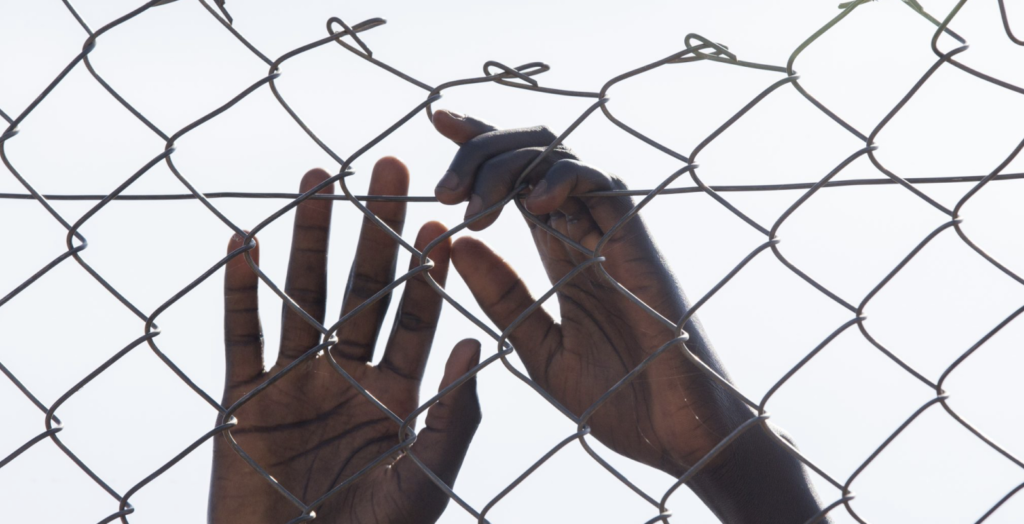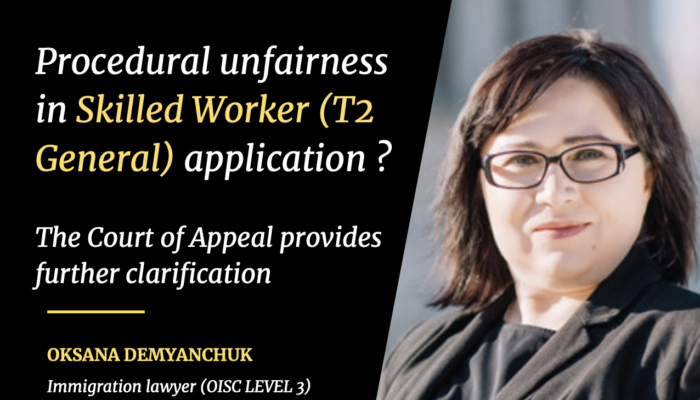Humanitarian Protection

The humanitarian protection policy was implemented in 2003 as a replacement for the Exceptional Leave to Remain policy. Its primary goal is to offer humanitarian protection, providing shelter and a temporary period of stay to individuals who are in need of protection but do not meet the criteria for refugee status.
What is Humanitarian Protection?
Humanitarian protection in the UK is a form of immigration status that is granted to individuals who do not qualify for refugee status but still require protection due to the risk of serious harm or persecution if they return to their home country. It is one of the ways the UK government offers protection to individuals who do not meet the strict criteria for refugee status under the United Nations Convention Relating to the Status of Refugees.
Eligibility Criteria for Humanitarian Protection
To be eligible for humanitarian visa UK, an applicant must demonstrate that they would face a real risk of:
- Real risk of serious harm. To be eligible for humanitarian protection, you must demonstrate that there is a real and substantial risk to your life or person if you were to return to your home country. This risk could be due to armed conflict, generalized violence, torture, inhuman or degrading treatment, or other serious threats to your safety.
- Exclusion from refugee status. You must not qualify for refugee status under the United Nations Convention Relating to the Status of Refugees. This means that your circumstances do not fit the specific criteria for refugee status, but you still need protection due to the risk you face.
- Not a security risk. You should not pose a security risk to the UK. If you are considered a threat to national security, you may not be eligible for humanitarian protection.
This status is typically granted in cases where an individual’s circumstances do not fit the definition of a refugee but still warrant protection. It is important to note that humanitarian protection is usually granted for a limited period and may be subject to review.
Humanitarian protection visa allows individuals to stay in the UK, receive support, and access certain rights and benefits. It is a form of temporary protection that can eventually lead to other forms of immigration status, such as indefinite leave to remain (ILR) or refugee status, depending on changes in the individual’s circumstances and the assessment by immigration authorities.
It’s important to consult with legal experts for the most up-to-date information and guidance on humanitarian protection, as immigration policies and procedures can change over time.
Difference Between Refugee and Humanitarian Protection
Refugee status and humanitarian protection status are both forms of international protection offered to individuals who are fleeing persecution, violence, or serious harm in their home countries. However, there are important differences between the two:
- Basis for Protection. Refugees are individuals who meet the specific criteria outlined in the United Nations Convention Relating to the Status of Refugees. To qualify as a refugee, a person must have a well-founded fear of persecution based on factors such as race, religion, nationality, political opinion, or membership in a particular social group. Humanitarian protection is a broader category of protection and is typically offered to individuals who do not meet the strict criteria for refugee status but still face a real risk of serious harm or persecution if returned to their home country.
- Duration. Refugee status is generally granted for an indefinite period, and refugees have the right to remain in the host country and eventually apply for permanent residency or citizenship. Humanitarian protection is often granted for a temporary period, and the duration may vary depending on the circumstances. It is typically reviewed periodically, and individuals with humanitarian protection may need to demonstrate that they still require protection.
- Eligibility Criteria. To qualify as a refugee, an individual must meet the specific criteria outlined in the 1951 Refugee Convention, including demonstrating a well-founded fear of persecution based on specific grounds. Humanitarian protection is granted to individuals who face a real risk of serious harm or human rights violations in their home country, even if they do not fit the refugee criteria. It is a broader and more flexible form of protection.
How to Apply for Humanitarian Protection in the UK?
To apply for humanitarian protection in the UK, you typically need to submit an application to the Home Office. The application process may involve providing evidence of the risks you face in your home country and explaining why you cannot qualify for refugee status.
It is crucial to provide as much supporting evidence as possible to demonstrate the real risk you would face if returned to your home country. This may include country of origin information, medical reports, witness statements, or any other relevant documentation.
Why Can a Person be Excluded from a Grant of Humanitarian Protection?
This can be done if the Secretary of State is satisfied that the applicant has committed a crime against peace, a war crime, a crime against humanity or there are serious reasons for considering that they pose a danger to the community or to the security of the UK.
Conditions of Stay
If an application for humanitarian protection is granted, the applicant will normally be granted leave for 3 years. Having completed 5 years under humanitarian protection in the UK, the applicant may qualify for settlement. It is important to note that settlement is not granted automatically just because the applicant has spent 5 years – they must show that they continue needing humanitarian protection or can justify their grant of further leave.
How Can We Help?
Given the complexity of immigration processes, it’s highly advisable to seek legal advice and assistance from an immigration solicitor who specialises in asylum and protection cases.
Sterling Law provides legal services and representation for individuals and businesses dealing with various immigration matters, including visa applications, asylum claims, humanitarian protection, and other immigration-related issues. Our qualified legal professionals can assist individuals in preparing and submitting asylum or humanitarian protection claims. They can help gather supporting evidence, represent you during interviews and hearings, and guide you through the application process.













